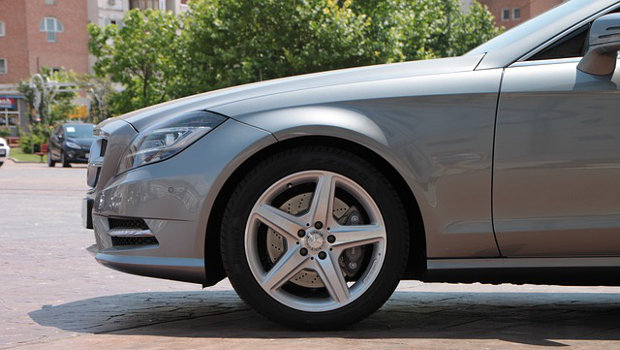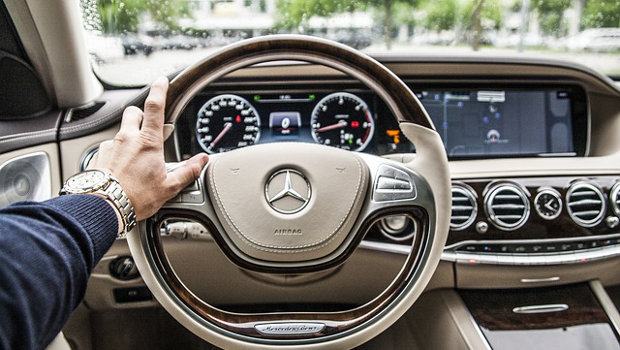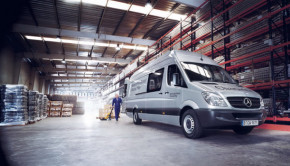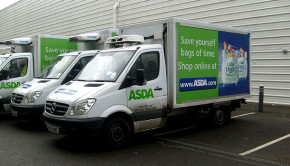Why Your Next Company Car Should Be a Mercedes
Mercedes are well-known as one of the traditional German “big three,” along with BMW and Audi. In 2014, the company sold a record number of cars thanks to growing interest from emerging markets like China. The popularity isn’t down to it simply being a status symbol either – which makes it a great company vehicle brand for the upper-level decision makers.
Mercedes E-Class
In a recent study by Confused.com into the top 10 used cars that will hold their value, the Mercedes E-Class came in joint first position alongside the Audi A3 and the Nissan Juke. Despite the fact that luxury brands are typically seen as bad investments, these three vehicles were expected to retain 69% of their original value after one year on the road. Thanks to the company adopting the latest technology, the E-series will make sure you’re getting value for your money long after your initial purchase too. The E300 BlueTEC Hybrid model, which uses 2.2-liter diesel-electric engine with 109 g/km C02, also gives a combined 68.9 mpg, which is only bettered by the Volvo S80 D4 (70.6 mpg) in its class.
Mercedes C-Class
The Mercedes C-Class is a group of compact executive cars. While it might not be able to match the E-Class in terms of low depreciation rates, the C-Class is expected to retain 64% of it’s original value, it makes up for it with it’s recently updated premium interior. With increased competition from the Audi A4 and BMW’s 3-Series, the C-Class has had to raise its game and in shows. The interior feels spacious, the build quality is better than ever, and the standard kit is comprehensive with cruise control, a stop-start system, and a 7-inch multimedia display for entertainment. It’s not all about good looks, though, the company claims an impressive 83.1 mpg from its C300 diesel hybrid and it also received a full five-star ranking from the Euro NCAP.

Mercedes CLS-Class
Despite coming in just under the S-Class, the company’s premier range, in the product line-up, the CLS isn’t cheap with entry-level vehicles approaching the £50,000 mark. While the CLS250 CDi or CLS350 CDi diesel-alternative take advantage of Mercedes’ BlueEfficiency eco technology, it’s the petrol powered 350 and 500 CGi models where the unexpected savings may occur. Many buyers are turned off by the potentially high running costs, meaning that the prices fall much quicker than others. After around three years, 350 CGi can be found for around the £7,000 mark on used outlets like Exchange and Mart. Since Mercedes are renowned for quality control, you won’t have to worry about too many miles on the clock just yet either.
Takeaway
So, which one is for your and your business? If you asked me, I’d go for the Mercedes E-Class; it’s a matter of preference really. But asset-wise, it’s a great car to buy, given the fact that 69 percent of its value is retained after one year on the road.
How about you? Which one do you think would be the best option for your business?









